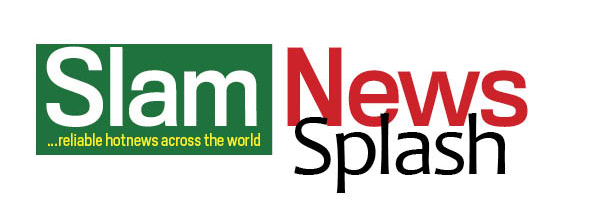Despite suspending the planned fuel subsidy removal protest by members of the organised labour, Nigeria Labour Congress (NLC) and Trade Union Congress (TUC), vehicular queues returned to filling stations in Federal Capital City (FCT) and its environs on Wednesday.
Findings revealed that queues at filling stations were triggered by panic buying that started on Monday ahead of the protest initially billed for Thursday. Fuel hawkers in containers stationed themselves in strategic positions to sell fuel to motorists who are unable to withstand the rigours of staying in queue at filling stations. This was as the Federal Government insisted that it would continue to borrow to meet the needed amount to finance the fuel subsidy regime.
The Federal Government on Tuesday backtracked on earlier plan to phase out subsidy regime June this year on exhausting current provision contained in the 2022 budget. Making clarification on fuel subsidy and prospect of its funding going forward, Special Adviser to the President on Media and Publicity, Femi Adesina, who featured on Channels Television’s Sunrise Daily programme, ex-plained that with the huge amount needed to subsidise the price of Premium Motor Spirit, the country may be left with no other choice than to continue borrowing to shoulder its fiscal burden. Between January and November last year, the Nigerian National Petroleum Company Ltd subsidised the price of Premium Motor Spirits for Nigerians with the sum of N1.2 trillion.
NNPC in its report to the Federation Account Allocation Committee had said it incurred the sum of N25.37 billion on subsidy in February. No amount was spent subsidising the product in the month of January. The amount moved up to N60.39 billion and N61.96 billion in March and April, before hitting N126.29 billion and N164.33 billion in the months of May and June. For the month of July, the Corporation incurred the sum of N103.28 billion as subsidy on PMS, while the figure went up to N173.13 billion, N149.28 billion and N163 billion in August, September and October respectively. The Nigeria Labour Congress had threatened to embark on industrial action if the government went ahead to implement an increase in the price of premium motor spirit.


